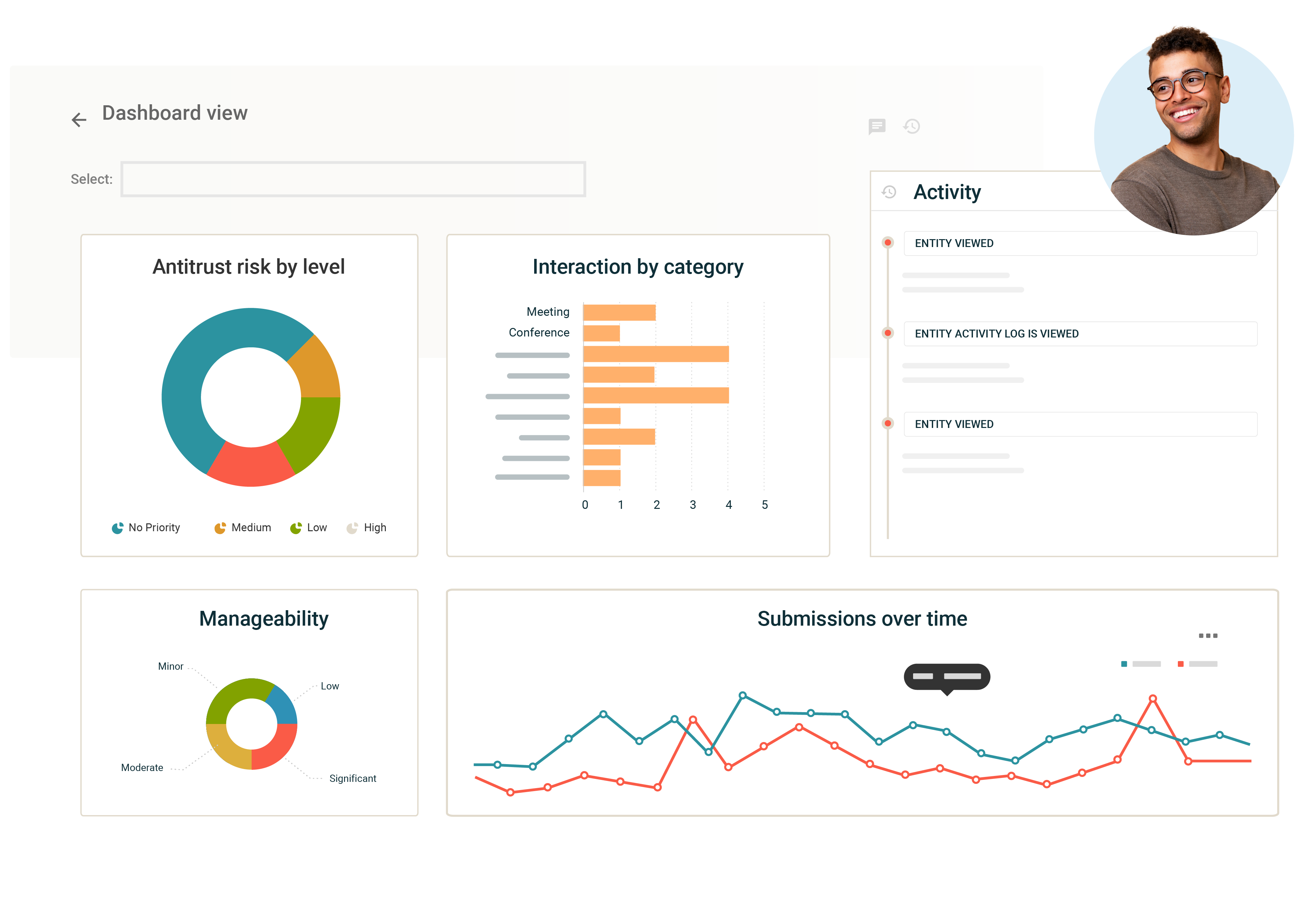Use Case
ESG Compliance Solutions for Risk and Sustainability Leaders
Discover a better way to manage your ESG compliance. Unify environmental, social, and governance initiatives, monitor regulatory compliance, and assess third-party and supplier risks—all in one place for a complete picture of risk.
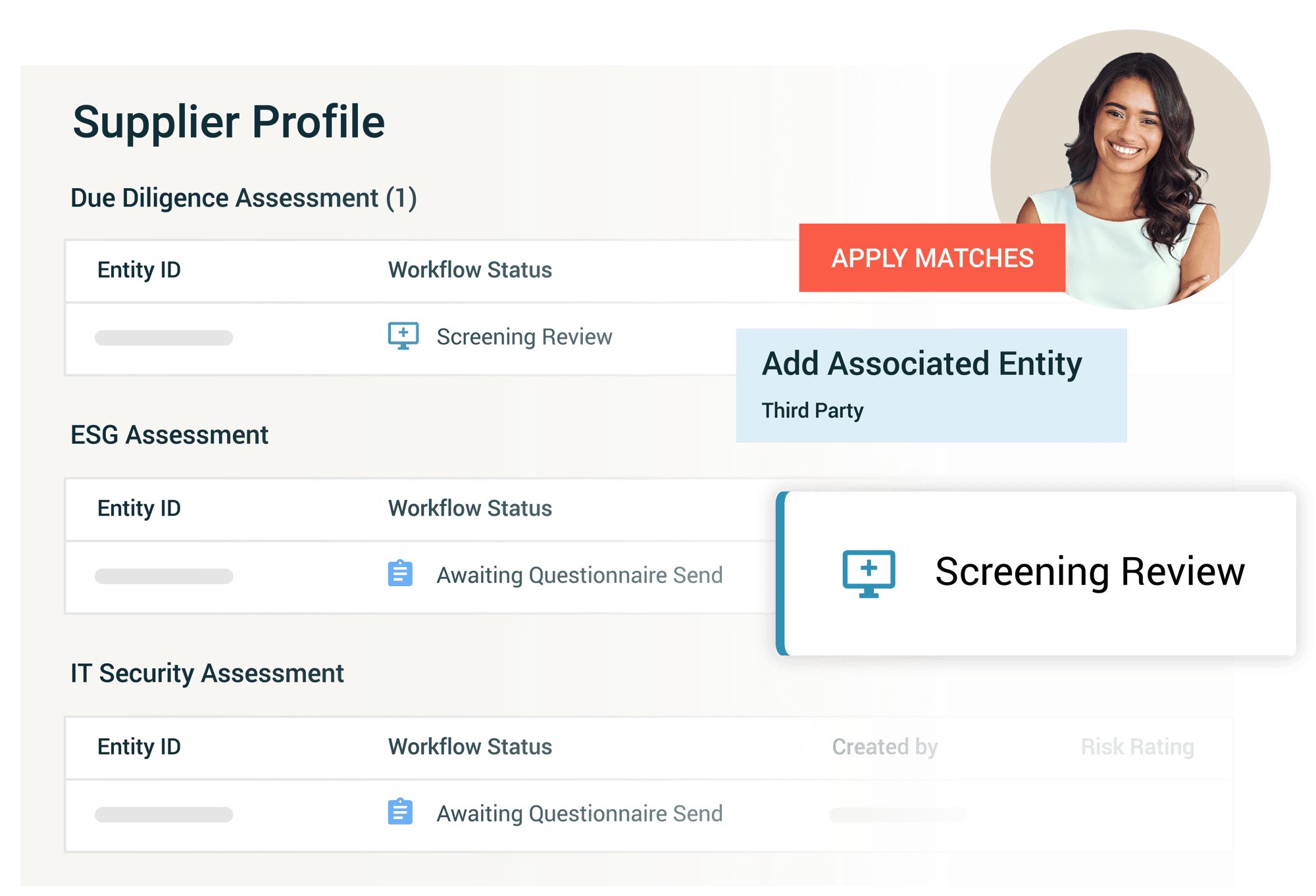
Trusted by leading global companies
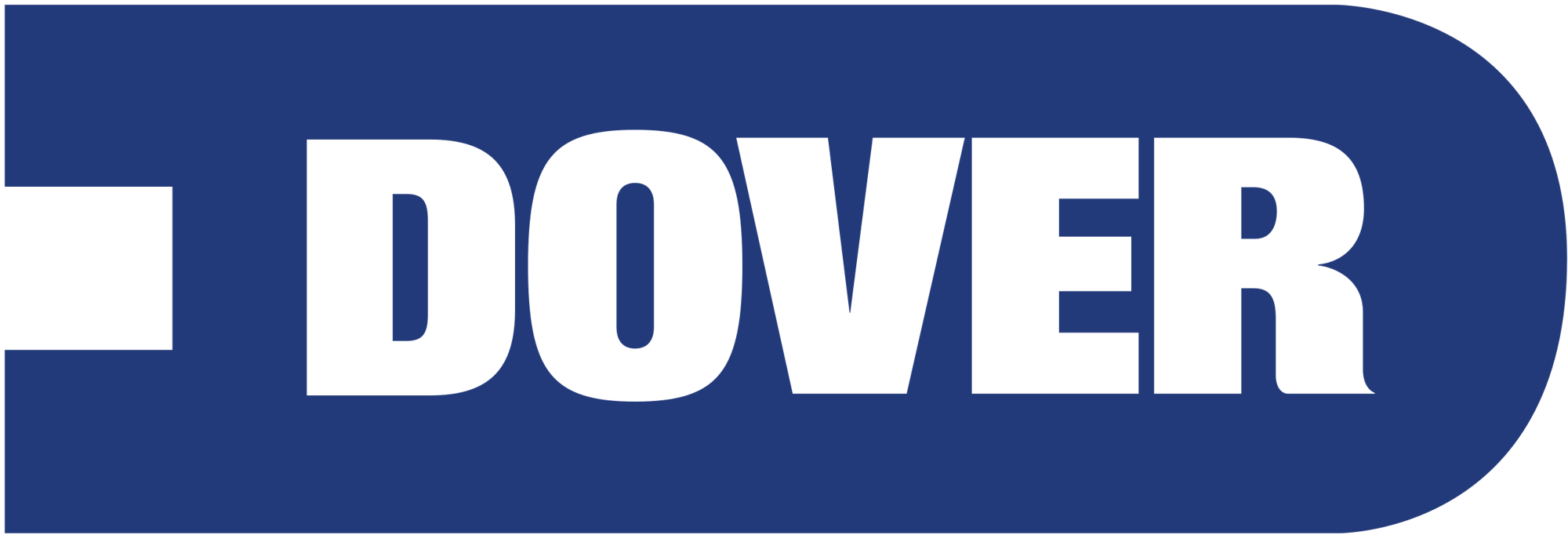
Key pillars of an ESG program
An effective ESG program goes beyond just ticking compliance boxes. It creates real value and becomes an integral part of your organization’s corporate strategy, ensuring a strong connection between everyday business activities and your ESG goals. While every ESG program is unique to your business and industry, it will still follow fundamental structures laid out by key regulations and guiding principles, such as the German Supply Chain Act (“LKSG”) and the EU Corporate Sustainability Due Diligence Directive (“CSDDD”). These include:
Accountability
Establish measurable goals, track progress, and demonstrate continuous improvement in ESG performance.
Integration
Embed ESG initiatives into core business strategies, supply chain management, and risk assessment processes.
Stakeholder engagement
Actively engage with stakeholders such as investors, employees, and communities to understand their ESG priorities and build trust.
Risk management
Identify and manage ESG-related risks, such as climate change impact, labor and human rights violations, or supply chain disruptions.
Whistleblowing mechanisms
Implement robust mechanisms allowing employees to report ESG concerns anonymously and without fear of retaliation.
Innovation and technology
Use technology to streamline data collection, automate reporting, and gain deeper insights into ESG performance.
Leadership commitment
Ensure senior leadership demonstrates a strong commitment to ESG, driving its integration throughout the organization.
Detecting and correcting issues
Perform compliance gap analysis, develop corrective actions, and leverage lessons learned to continuously improve the ESG program.
Third-party management
Conduct due diligence and ongoing monitoring of third parties and suppliers to ensure they meet your ESG standards.

ESG Challenges
Balancing ESG regulatory requirements with business realities can often feel like an unfair fight.
Compliance and Sustainability teams often struggle with limited budgets, making it difficult to implement and sustain effective ESG initiatives while staying agile enough to support business goals. The landscape of ever-evolving regulations, along with the need to analyze vast amounts of ESG data, further complicates the task for ESG leaders trying to meet the expectations of investors, employees, communities, and other stakeholders.
Improving environmental, social and governance performance is important and compliance teams deserve better support.
Building a better ESG program With GAN Integrity
Fortunately, with the right resources, technology, and support, you can build a world-class ESG program. That’s why leading organizations around the world rely on GAN Integrity. We help you:
See everything
- Supply chain mapping: Gain visibility across your extended supply chain, identifying potential ESG risks like labor violations or environmental pollution.
- Data aggregation and reporting: Consolidate your ESG risk and compliance data with flexible dashboards and reports.
- Risk intelligence: Integrate risk assessment data from ESG content providers to augment and automate your due diligence and continuous monitoring processes.
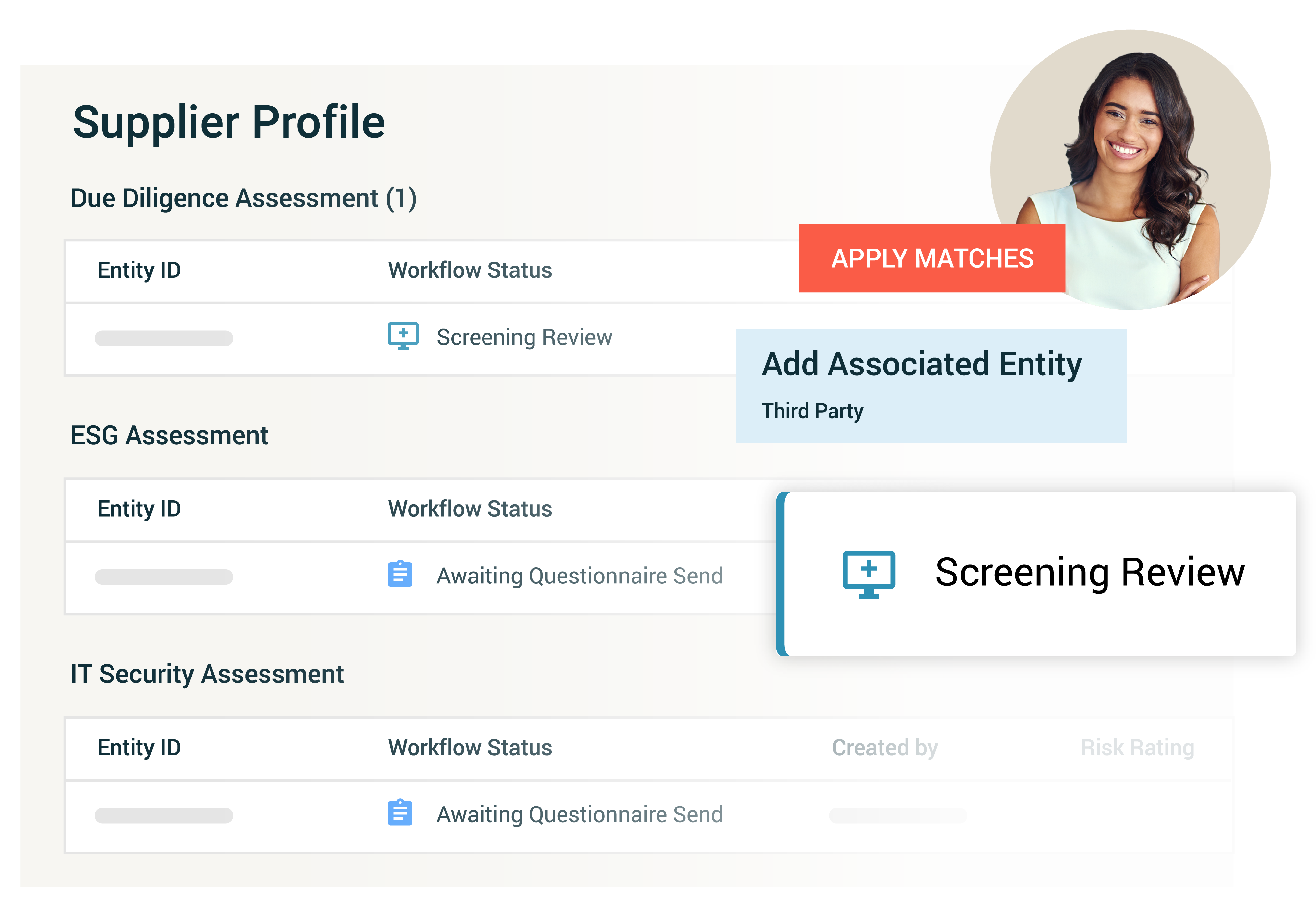

Adapt to anything
- Compliance gap analysis: Identify any gaps between your current practices and emerging regulations to ensure you remain compliant.
- Supplier risk assessments: Develop a structured approach to evaluating your suppliers' ESG practices, ensuring alignment with your own policies.
- Policy management: Build a comprehensive library of ESG policies covering environmental management, labor practices, and ethical sourcing.
Get all the help you need
- Expert guidance and support: Leverage our team of specialists for guidance on navigating complex regulations and developing effective compliance strategies.
- Employee training and communication: Equip your employees as ESG partners with the knowledge and skills to make sustainable decisions through engaging online training programs and targeted communication campaigns.
- Streamlined workflow management: Efficiently manage approvals, revisions, and updates to your ESG policies through a centralized platform.
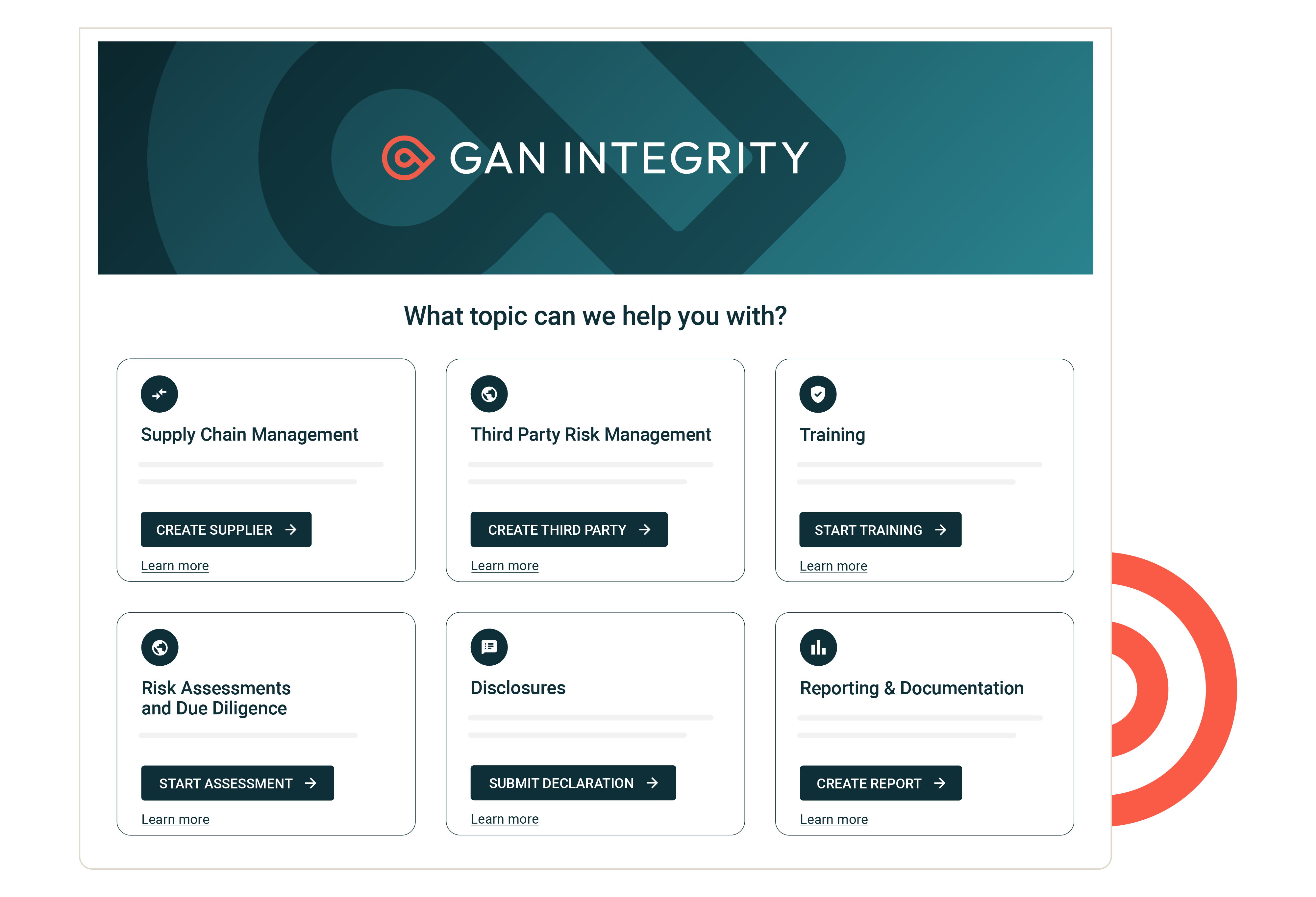
Our Products And Solutions
Policy Management
Manage approvals, distribution, and attestation of policies, along with centralized portals for easy access to the latest policies and procedures. Capabilities include:
- Regulatory change management: Identify policies that require updates and timely distribution to employees in response to regulatory changes.
- Automated workflow: Optimize the review and approval process for policies, operating procedures, and work instructions with automated workflows.
- Comprehensive reporting and documentation: Maintain a full audit trail and generate detailed reports to provide clear evidence of compliance to stakeholders and regulators.
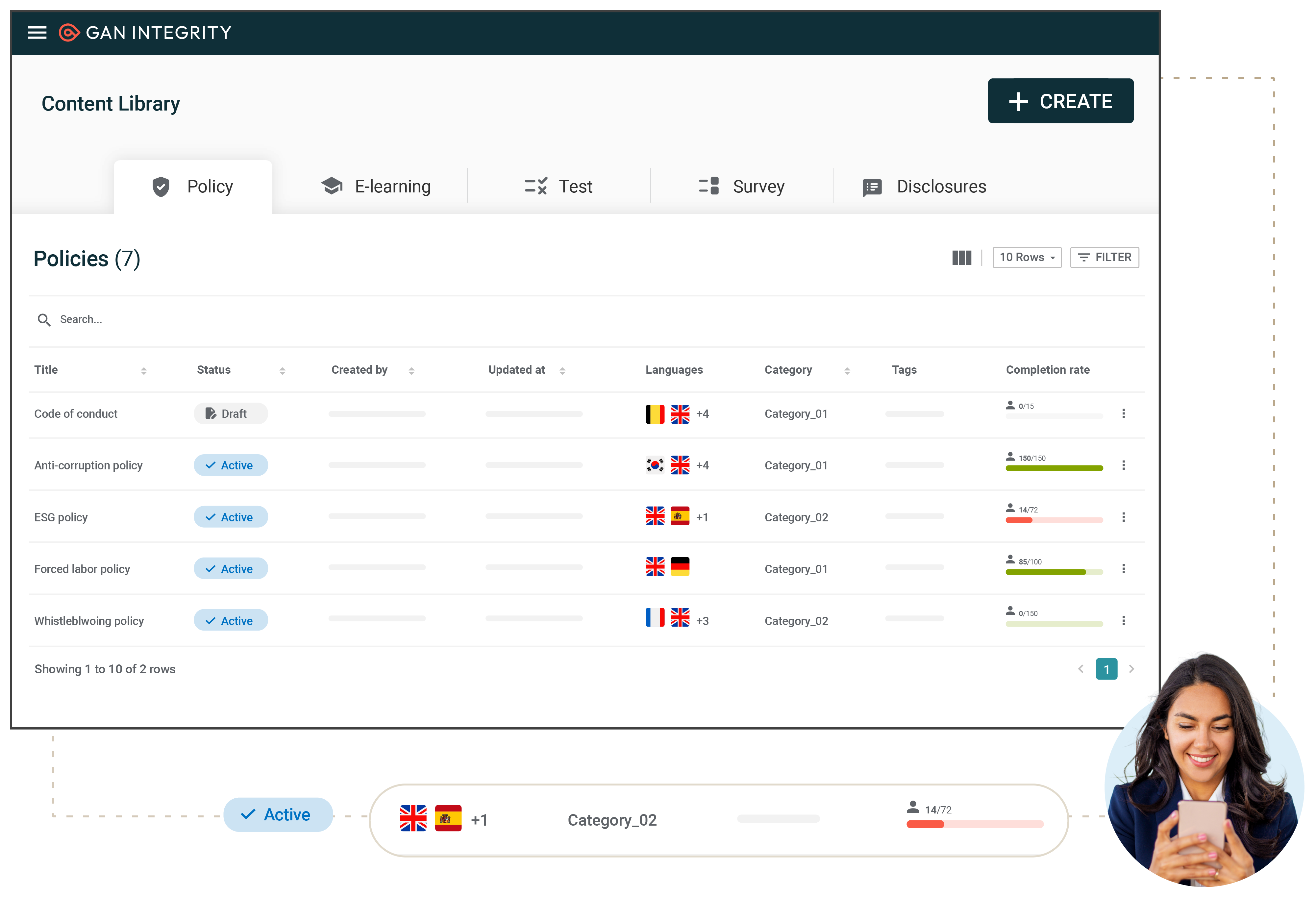
Third-Party Risk Management
Manage risks associated with third parties and assess these against relevant laws and organizational standards. Capabilities include:
- Lifecycle management: Automated workflows for onboarding, risk assessment, issue management, monitoring and off-boarding.
- Integrated due diligence: Initial and ongoing screening of third parties for sanctions, adverse media, forced labor, ESG and more.
- Reporting and analytics: Executive dashboards and reports: Consolidate third party data to identify risks and potential exposure to your organization.
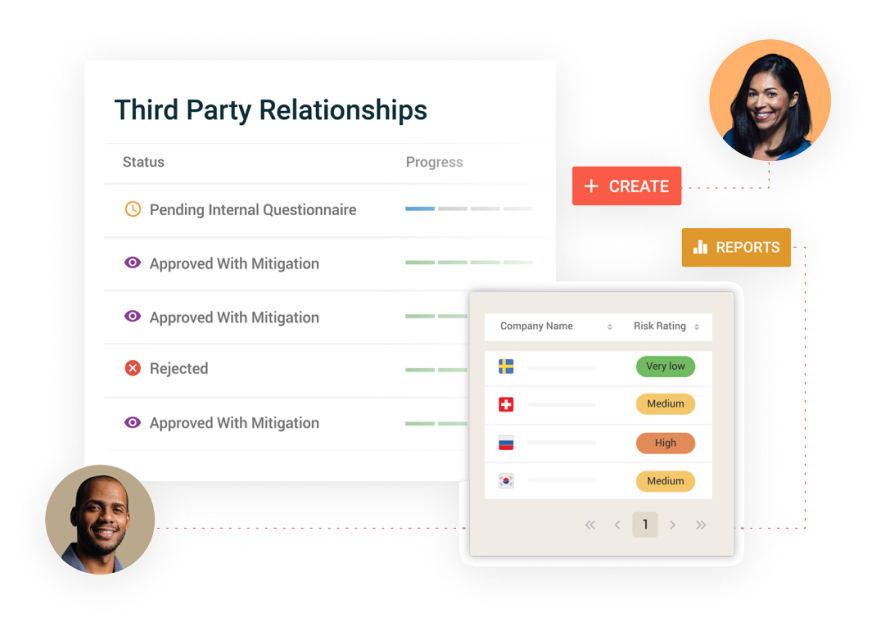
Supply Chain Due Diligence
Enhance supply chain risk management by consolidating processes, identifying and mitigating risks, and integrating data from various risk intelligence and business systems. Capabilities include:
- Automated risk assessments and continuous monitoring: Monitor suppliers continuously for adverse media, sanctions lists, PEP lists, forced labor, and ESG (Environmental, Social, and Governance) issues.
- High-risk supplier identification and management: Identify high-risk suppliers, manage them effectively, and track actions and mitigations to ensure compliance.
- Integrated due diligence assessments: Perform thorough due diligence across your business operations and workflows for seamless integration and enhanced efficiency.

Disclosure Management
Consolidate your disclosures for conflicts of interest, gifts, travel, entertainment, and political and charitable donations or contributions. Capabilities include:
- Policy management: Develop and enforce comprehensive disclosure policies. Educate and engage your workforce with targeted training and policy attestations.
- Flexible disclosure process: Simplify the submission of potential conflicts of interest with user-friendly forms, ensuring easy access for employees.
- Automated approvals and reviews: Enhance compliance with automated approval and review workflows. Quickly escalate notifications to relevant stakeholders to address potential risks.
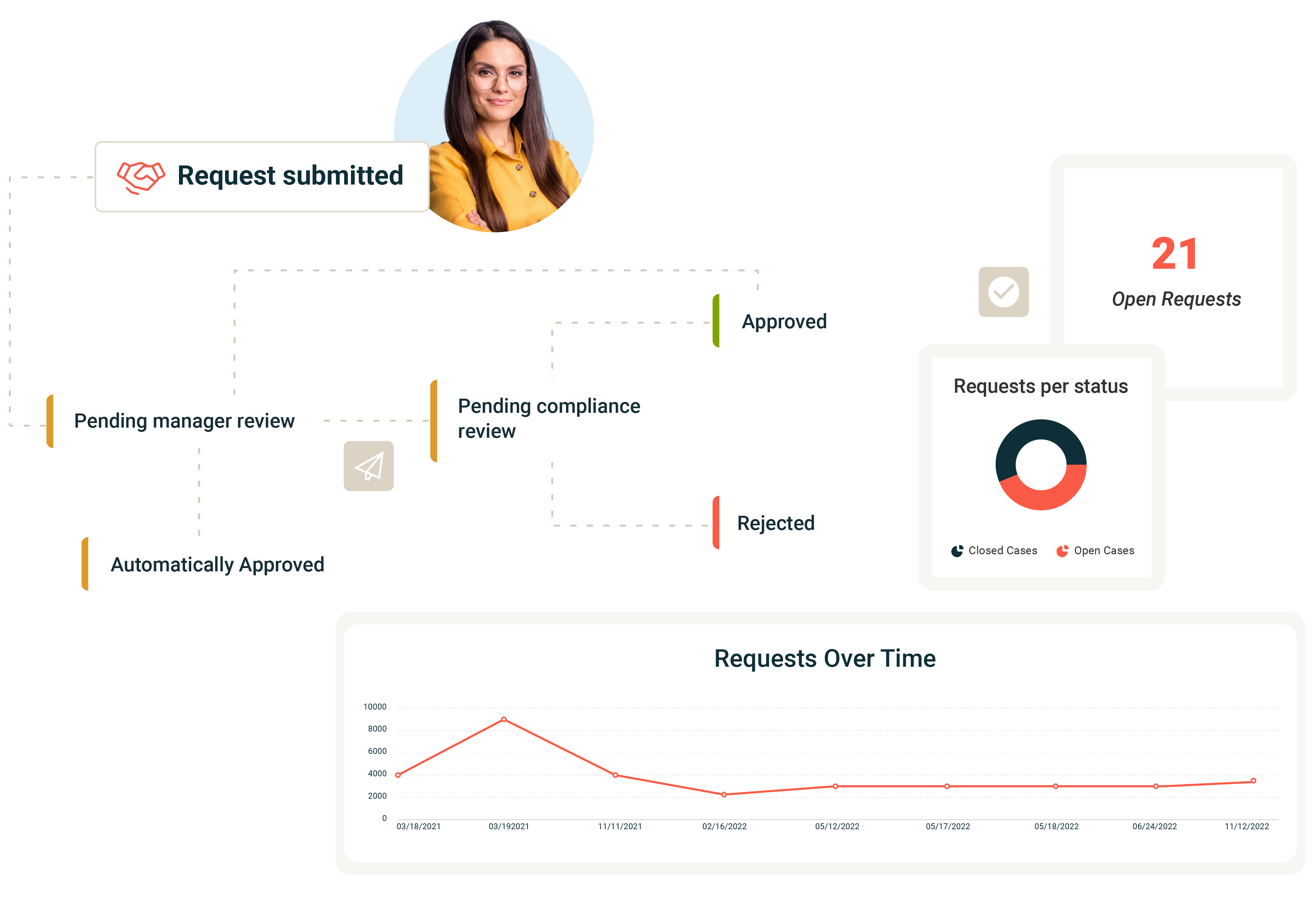
Reporting and Documentation
See everything across your compliance program, and generate reports and dashboards to demonstrate compliance program effectiveness to stakeholders and evidence to regulators. Capabilities include:
- Reporting and analytics: Executive, role-based dashboards to review the effectiveness of your compliance program initiatives.
- Evidence-based compliance: Maintain an auditable trail of all activity with the platform’s integrated and automated audit log.
- Compliance insights: See risk trends and patterns within your program, including third-party and supply chain risk, policies and disclosures.
